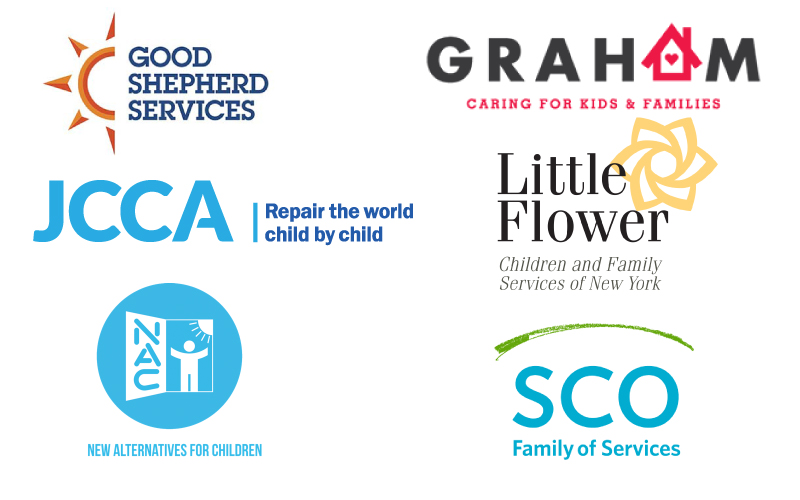Early on in the pandemic, JCCA pivoted to telehealth services. While the worst of the pandemic raged in New York City, the staff knew it was vital for JCCA to support kids and families during this highly stressful period.
Not long after the transition to telehealth, the benefits of virtual mental health services became clear. Telehealth opened up new ways to keep in contact with families. Many had previously been prohibited from using telemedicine. It was only because of the COVID-19 pandemic that telehealth became available to them. Expanding telehealth didn’t just increase the support available to vulnerable children and families, it became a tool that JCCA realized would make strides in closing New York’s health equity gap. JCCA saw the value in telehealth and knew that it was a service that needed to continue even after COVID-19.
Six other organizations saw the benefits and realized the potential in telemedicine. JCCA and the six joined together to author a paper on the impact and benefits of telehealth on young people and families involved in the child welfare system. All six different organizations, along with JCCA, advocated for increased funding and support for telehealth, based on the results of their study.
JCCA’s CEO Ronald E. Richter elaborated further. “The emotional toll of COVID-19 on children and families will be measured for generations to come; this pandemic will likely count as an Adverse Childhood Experience (ACE) for every child who lives through it, increasing the risk of lifelong consequences to their future health and happiness. As clinicians and professionals dedicated to the well-being of vulnerable young people from the most marginalized and underserved communities in New York City—who have always needed better and easier access to mental health supports—we recognize the significance of telehealth during the pandemic. This report underscores the value of such services and the need for expanded delivery of remote therapy and case management, and our collective responsibility to ensure that these services continue with increased funding and support long after the end of the COVID-19 pandemic.”
The paper, which surveyed clients across organizations, mirrors JCCA’s experience utilizing telehealth with our clients. A majority of JCCA clinicians and clients have expressed that they were able to develop closer therapeutic relationships. As a result, a high number of clients met treatment goals.
As a result of the increased trust and communication, JCCA staff reported that they find telehealth to be an easy way to make necessary assessments of critical information—family dynamics, for example. Telehealth’s low barrier of entry, importantly, leads to continued communication between clients and staff.
The study led by JCCA and six other organizations garnered the attention of The City, who published two articles on the benefits of telehealth for families and children which can be found here and here.
